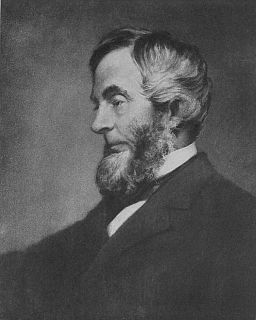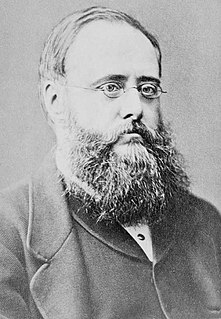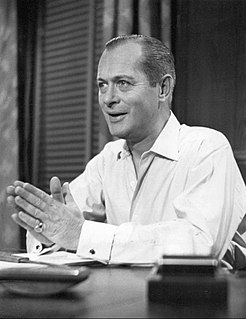A Quote by George Stillman Hillard
The instinctive and universal taste of mankind selects flowers for the expression of its finest sympathies, their beauty and their fleetingness serving to make them the most fitting symbols of those delicate sentiments for which language itself seems almost too gross a medium.
Related Quotes
The woman who first gives life, light, and form to our shadowy conceptions of beauty, fills a void in our spiritual nature that has remained unknown to us till she appeared. Sympathies that lie too deep for words, too deep almost for thoughts, are touched, at such times, by other charms than those which the senses feel and which the resources of expression can realise. The mystery which underlies the beauty of women is never raised above the reach of all expression until it has claimed kindred with the deeper mystery in our own souls.
But the most common species of love is that which first arises from beauty, and afterwards diffuses itself into kindness and into the bodily appetite. Kindness or esteem, and the appetite to generation, are too remote to unite easily together. The one is, perhaps, the most refined passion of the soul; the other the most gross and vulgar. The love of beauty is placed in a just medium betwixt them, and partakes of both their natures: From whence it proceeds, that it is so singularly fitted to produce both.
Though beauty is, with the most apt similitude, I had almost said with the most literal truth, called a flower that fades and dies almost in the very moment of its maturity; yet there is, methinks, a kind of beauty which lives even to old age; a beauty that is not in the features, but, if I may be allowed the expression, shines through them. As it is not merely corporeal it is not the object of mere sense, nor is it to be discovered but by persons of true taste and refined sentiment.
Examples of exaggeration can be found in almost any advertising medium. The use of the superlative is altogether too prevalent. 'The finest,' 'the best,' 'the greatest,' 'the purest,' 'the most economical,' and so on ad infinitum, are hurled at the public everywhere. Surely not all products of the same class can be the best or the finest.
Brave old-flowers! Wall-flowers, Gilly flowers, Stocks! For even as the field-flowers, from which a trifle, a ray of beauty, a drop of perfume, divides them, they have charming names, the softest in the language; and each of them, like tiny, art-less ex-votos, or like medals bestowed by the gratitude of men, proudly bears three or four.
Christianity sees plants and flowers as created by God to show forth and share with humans the divine goodness, beauty and truth - the purpose of all Creation. In this flowers may be enjoyed simply and directly in themselves as showing forth God's goodness and beauty, or, more fully, as archetypes, signatures, symbols, and bearers of legends, mirroring the revealed articles of Christian faith - thereby serving as means for their teaching, recollection, contemplation and celebration.
Without our fully realizing it, flowers would become for us an expression in form of that which is most high, most sacred, and ultimately formless within ourselves. Flowers, more fleeting, more ethereal, and more delicate than the plants out of which they emerged, would become like messengers from another realm, like a bridge between the world of physical forms and the formless.
The mentality of mankind and the language of mankind created each other. If we like to assume the rise of language as a given fact, then it is not going too far to say that the souls of men are the gift from language to mankind. The account of the sixth day should be written: He gave them speech, and they became souls.
We think only through the medium of words. Languages are true analytical methods. Algebra, which is adapted to its purpose in every species of expression, in the most simple, most exact, and best manner possible, is at the same time a language and an analytical method. The art of reasoning is nothing more than a language well arranged.
True variety is in that plenitude of real and unexpected elements, in the branch charged with blue flowers thrusting itself, against all expectations, from the springtime hedge which seems already too full, while the purely formal imitation of varietyis but void and uniformity, that is, that which is most opposed to variety.




































